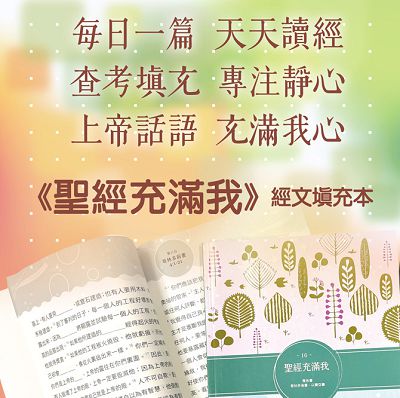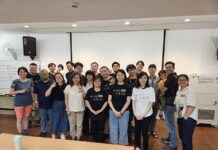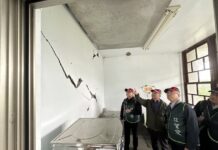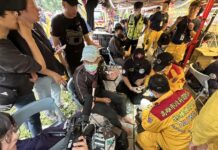February 13~19, 2012
Headline News
Academics sound the siren on press impartiality and boycott China Times
Reported by Chiou Kuo-rong
Written by Lydia Ma
Tsai Eng-meng, chairman of the media conglomerate Want Want Group and the Chinese-language China Times, recently made some remarks during an interview with Washington Post correspondent Andrew Higgins that ignited a firestorm of criticism in Taiwan.
Commenting on the 1989 Tiananmen Square Massacre and the footage of a lone protester standing in front of a PLA tank, Tsai said, “the fact that the man wasn’t killed showed that reports of a massacre weren’t true.” Tsai also said that “China is very democratic in lots of places,” and “reporters are free to criticize but need to think carefully about the consequences before they write.”
Tsai’s comments provoked controversy and more than 60 academics and members of civic groups soon launched a petition to boycott the China Times. Though Tsai later alleged that Higgins had quoted his comments out of context and added that he was willing to discuss this issue publicly, he ducked various open letter invitations sent to him by civic groups and human rights groups to clarify this issue in public.
Based on Tsai’s avoidance, these academics believe that Tsai is blaming the Washington Post merely to shirk responsibility for his own remarks. They also pointed out that Tsai obviously lied about his willingness to clarify the matter publicly. For this reason, these academics called a press conference on February 7, 2012 to announce that “when China Post is no longer loyal, we choose to reject it” and publicly declared a boycott of the newspaper.
In their public statement, these academics said that ever since the China Times had been purchased by Tsai, there have been many instances where news or remarks critical of China were blatantly omitted. Such self-censorship within the China Times has already aroused suspicion among intellectuals in Taiwan and the latest incident is yet another proof of Beijing’s endeavor to control the Taiwanese media and Taiwanese public opinion through Taiwanese investors who have reaped great profits and have great stakes in the Chinese market.
Taipei Society President Huang Kuo-chang said that the fourth estate in Taiwan risks losing its purpose as a protector of democracy and freedom when entrepreneurs who have reaped profits in China begin to censor news reports to influence public discourse and dim civic awareness. For this reason, he believed that calling a press conference to raise the alarm was necessary.
“Taiwan is like a frog being boiled in warm water,” said National Chengchi University professor Ku Chung-hwa, who likened this incident to the media version of the plasticizer food scandal. He added that the future of Taiwanese democracy is in real danger when reporters are punished for writing articles that run contrary to the likings of newspaper moguls, or when the latter begin to manipulate facts simply to influence public opinion.
With this in mind, Ku cautioned Taiwanese to read newspaper reports with a grain of salt and to search for the truth themselves. He also urged consumers to exert some pressure on biased media outlets and protect themselves from being “intoxicated” by the media.
In related news, when Washington Post correspondent and Pulitzer Prize winner Andrew Higgins was interviewed about the article he had written on Tsai and asked whether he had twisted Tsai’s words, Higgins replied that the Washington Post stood by the story. In other words, the article did not take Tsai’s comments out of context.






